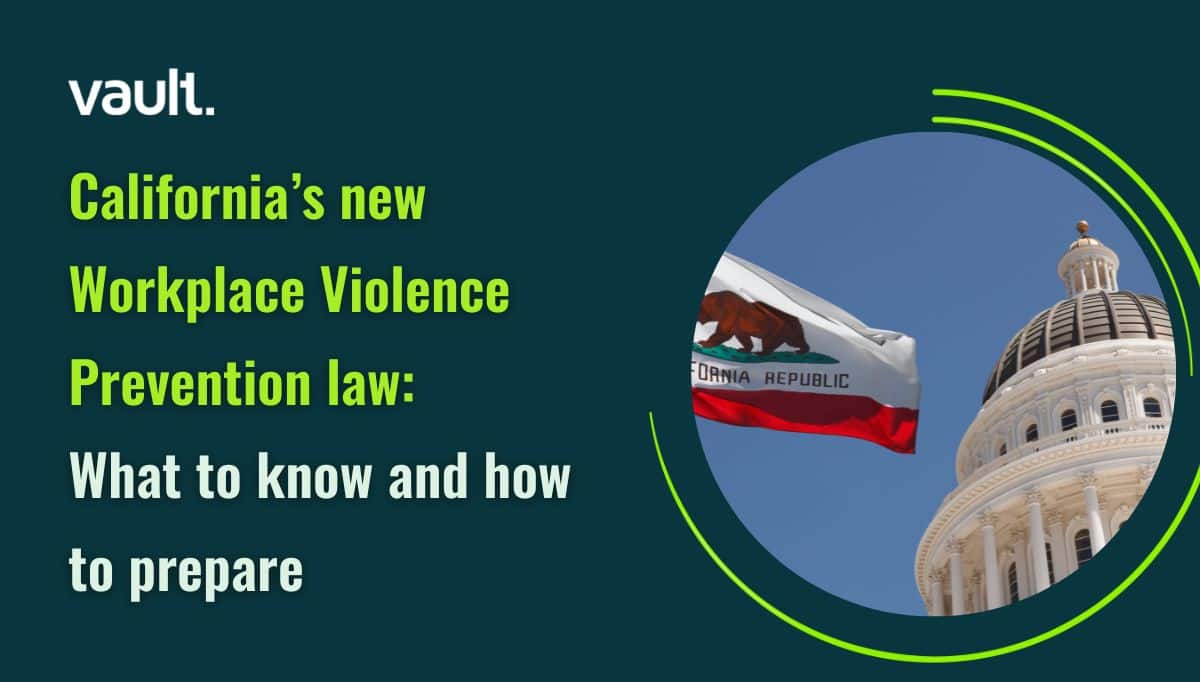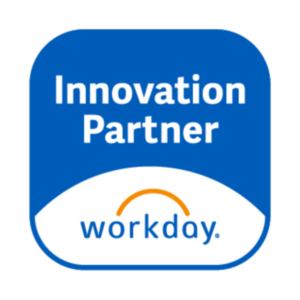Essential workers are gearing up to strike today – May Day, also designated as International Workers’ Day – over working conditions during the pandemic. Employees from companies such as Amazon and Instagram have been running a series of protests over the last few weeks and months. But large-scale protests are beginning to become more commonplace as workers feel their voices are unheard.
May 1st, employee activists have been circulating whistleblower and protest plans for a day rebranded as “Essential Workers Day”. Activism is largely targeted at retail and food delivery businesses (amongst those Amazon, Wholefoods, Instacart, Walmart and FedEx) and aimed at improving working conditions for workers on the frontline, sick leave and hazard pay, even as profits have spiked for many of these providers due to increased demand. Amazon is one of the companies under scrutiny, both for its treatment of warehouse workers and for allegedly firing employees for speaking up.
COVID-19 has exposed the essential workers who really keep society running as those lacking in organizational support and protection, a key theme for this year’s #MayDay20 trending on Twitter, and a call for organizations to prioritize safety. Companies currently winning amidst the crisis and growing at exponential rates (at least for the time being) have a duty to protect both their existing workforce and support their hyper-growth responsibly. Such rapid growth, especially amidst the Great Lockdown, poses a number of risks to organizational culture: more opportunities for employee discrimination with a swelling workforce, reduced capacity for HR leaders to manage a growing employee base (both onboarding and addressing individual concerns) and a potentially long-term dilution of business values and ethics.
When organizations lack reporting mechanisms: employee activism goes public
In many ways, movements like #MeToo have set the precedent for workplace activism to go viral and more public than ever. Employees who feel unable to Speak Up internally and have their voice heard will take to the channels they feel will produce the greatest impact in an effort to generate change. These instances are becoming increasingly frequent: a recent example being the Cambridge Analytica scandal, that has the potential to reshape an entire industry, or on a smaller scale, Estee Lauder’s toxic culture, which has the potential to impact a healthy flow of top talent in the long term.
So what can you do to protect your workplace?
- Implement easily accessible internal Speak Up tools: a safe and secure way for employees to voice concerns and have these addressed before they escalate to external channels. Tools like Vault Platform eliminate the fear barrier that often comes with reporting.
- Direct employees to internally available resources: clear communication with employees on where they should go to find the resources they need, and easy access to those resources and policies is key, especially as many workplaces are partially or fully remote.
- A culture of trust: organizations should make speaking up a fundamental part of their values and culture from the onboarding process, and regularly remind employees that their concerns will be heard and addressed.Leadership and management should set the example from the top-down and encourage employee relations groups to do the same from the bottom-up.
As today marks International Workers’ Day, the crisis is an opportunity for organizations to prioritize the health and safety of their employees. Encouraging employees to Speak Up internally and having the appropriate tools in place is a key component of building healthy organizational culture now and in the long term.




